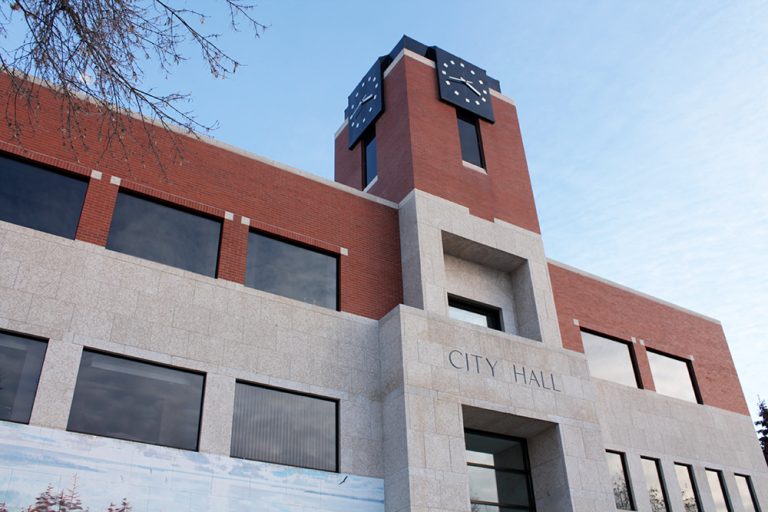
The City’s Public Works Department is asking for more than $71,000 to perform a corrosion control study of Prince Albert’s water systems.
The request is included in Monday’s executive committee meeting agenda package. The department says all water treated and sent to homes is safe to drink, but worries some plumbing and service connections may introduce lead into the water supply.
The legal limit for lead in drinking water is 0.010 mg/L. That’s expected to change in the near future, when Canada moves to a much more stringent limit of 0.005 mg/L. The level in Prince Albert’s drinking water when it enters the distribution system is 0.00005 mg/L.
The $70,000 price tag in includes $34,000 for equipment purchase and installation, and $37,000 in annual budgetary expenses.
“Controlling the corrosion within the water distribution system is a primary directive to
immediately reduce the public’s exposure to possible contaminants,” reads a report written by Water Treatment Plant Manager Andy Busse. “(It) will immediately address
the corrosion occurring within the remaining portions of lead service connections, lead solder
and older plumbing fixtures, improve the water quality in the water distribution system, protect
the health and safety of the consumers, and maintain existing infrastructure.”
The City plans to use corrosion inhibiter Orthophosphate as part of the study. The report says it’s already being used in cities like Winnipeg and Toronto.
Lead pipes were the most common type of pipe used in house plumbing up until 1955, which copper was introduced. That continued until 1995 when High Density Polyethylene (HDPE) became popular.
In 2012, the City of Prince Albert had roughly 750 properties with lead water service connections, most of which were built before 1950. As of 2020, there are 520 properties that still have lead service connections.
“Failure to address the corrosion occurring in the water distribution system will result in many of the future water sample test results from the distribution system (being) non-compliant,” the report reads.
The City has tried to replace the public portion of the lead service lines in at least 20 properties every year at a cost of $15,000 per connection. Property owners are responsible for the private side of the connection.
Busse estimates it will take 26 years and roughly $8-million to completely replace all public lead connections.
The corrosion control study is one of five reports from administration and committees on Monday’s agenda. The meeting also includes one delegation reporting on the Capstone Community Marketing Proposal and another speaking about a Rotary Adventure Park. The meeting also includes a five item consent agenda.
Monday’s meeting begins at 4 p.m. in council chambers.
